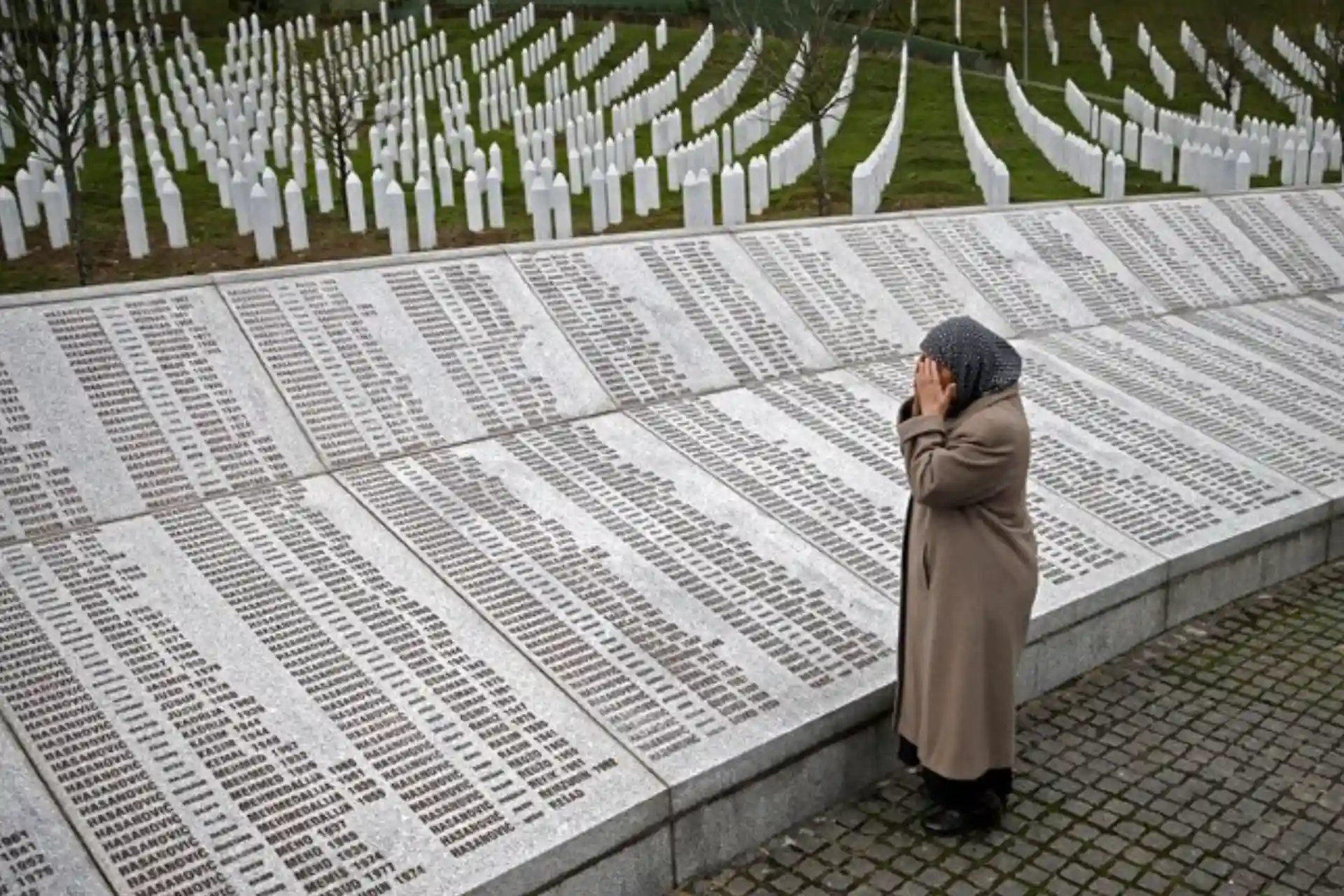"He who didn't understand Bosnia won't understand Gaza either!"
The Bosnian tragedy: a lesson for humanity
"He who didn't understand Bosnia won't understand Gaza either!"
These words are a warning against indifference to the violence and genocide that have been repeated in history. In the 21st century, the world is once again witnessing armed conflicts, the slaughter of peoples, and the violation of human rights. However, such atrocities and the international community's response to them remind us of the Bosnian war and the Srebrenica massacre that took place several decades ago.
The Bosnian War: A Tragedy in the Heart of Europe
In 1992, the Federal Republic of Yugoslavia broke up and Bosnia and Herzegovina declared its independence. The country was primarily inhabited by three ethnic groups: Bosnian Muslims, Serbs, and Croats. After independence, Serb nationalists attempted to establish control over Bosnian territory, and the country was plunged into a bloody war.
During the Bosnian War, Muslims bore the brunt of the suffering. According to official figures, more than 100,000 people were killed and 2 million were forced to flee their homes. According to unofficial figures, about 300,000 Muslims were executed, 60,000 women and girls were raped, and about 1.5 million were displaced from their homeland.
During the war, Muslims were not only killed, but their cultural heritage was also destroyed. About 800 mosques were destroyed, and the Sarajevo Historical Library was burned down.
Srebrenica massacre: a black page in human history
The most horrific incident during the Bosnian War occurred in the town of Srebrenica in July 1995. Although the town had been declared a "safe area" by the UN, the Muslims, who were under the protection of Dutch peacekeepers, were handed over to Serbian troops.
On July 11, 1995, troops led by Serbian General Ratko Mladic captured Srebrenica. They separated the men and boys from the women and executed more than 8,000 Muslim men in the town. Many of them were brutally tortured, some were buried alive. The women were raped and subjected to many other horrific tortures.
The British newspaper The Guardian reported that at that time, special camps were set up in Bosnia to rape women. Girls as young as 4 were among the victims of this cruelty. "They suffered this simply because they were Muslims," the publication said.
The delayed reaction of the international community
The Srebrenica massacre is considered the largest massacre in Europe since World War II. However, Europe and the United States refrained from serious intervention as it unfolded. NATO launched delayed airstrikes, but by then thousands of Muslims had already been killed.
The International Criminal Tribunal later tried Serbian commanders and soldiers. Ratko Mladic was sentenced to life in prison in 2017. However, this sentence does not fully restore justice to the victims of the massacre.
In May 2024, the UN General Assembly adopted a resolution recognizing the Srebrenica massacre as genocide and combating the distortion of history. This was a belated but important step towards remembering the victims of Bosnia.
Lessons from tragedy
The Bosnian War and the Srebrenica massacre show how capable humans are of oppression and injustice. But this tragedy is not just a historical event - it helps us understand the situation in the world today.
The events unfolding in Gaza today are reminiscent of the tragedies in Bosnia. The delayed reaction of the international community, the massacre of innocent children and women, the destruction of cities - all of this remains a painful lesson for humanity.
A humanity that does not learn from history will repeat its mistakes and tragedies. That is why we must not forget Bosnia. If we do, it will be difficult to understand Gaza.
Sarvar Abdullaev, journalist

